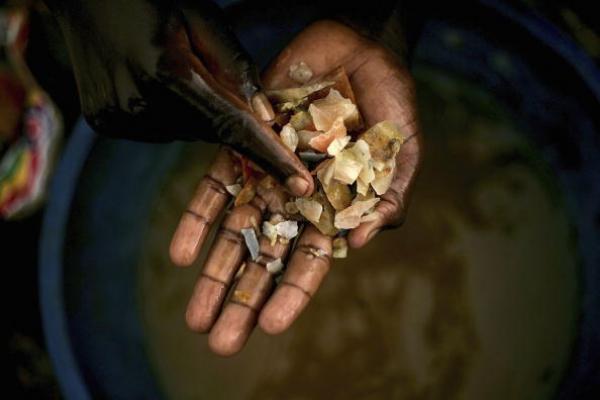Mar 9, 2012
Here it is, the “resolutionary” iPad3, with breakthrough retina display, quad-core processor and 4G LTE wireless connectivity. This next-generation technology is captivating and if you’re an Apple fan, as I am, you’re going to want to trade in your iPad2 and put your name on the waiting list for the iPad3.
And yet, as a human rights activist, it gives me pause. With the innovation of the iPad 3, comes some critical missing features — including conflict free minerals from eastern Congo. To date, Apple has been a leader on this issue, but I know they can do more.
Read the Full Article

Already a subscriber? Login
